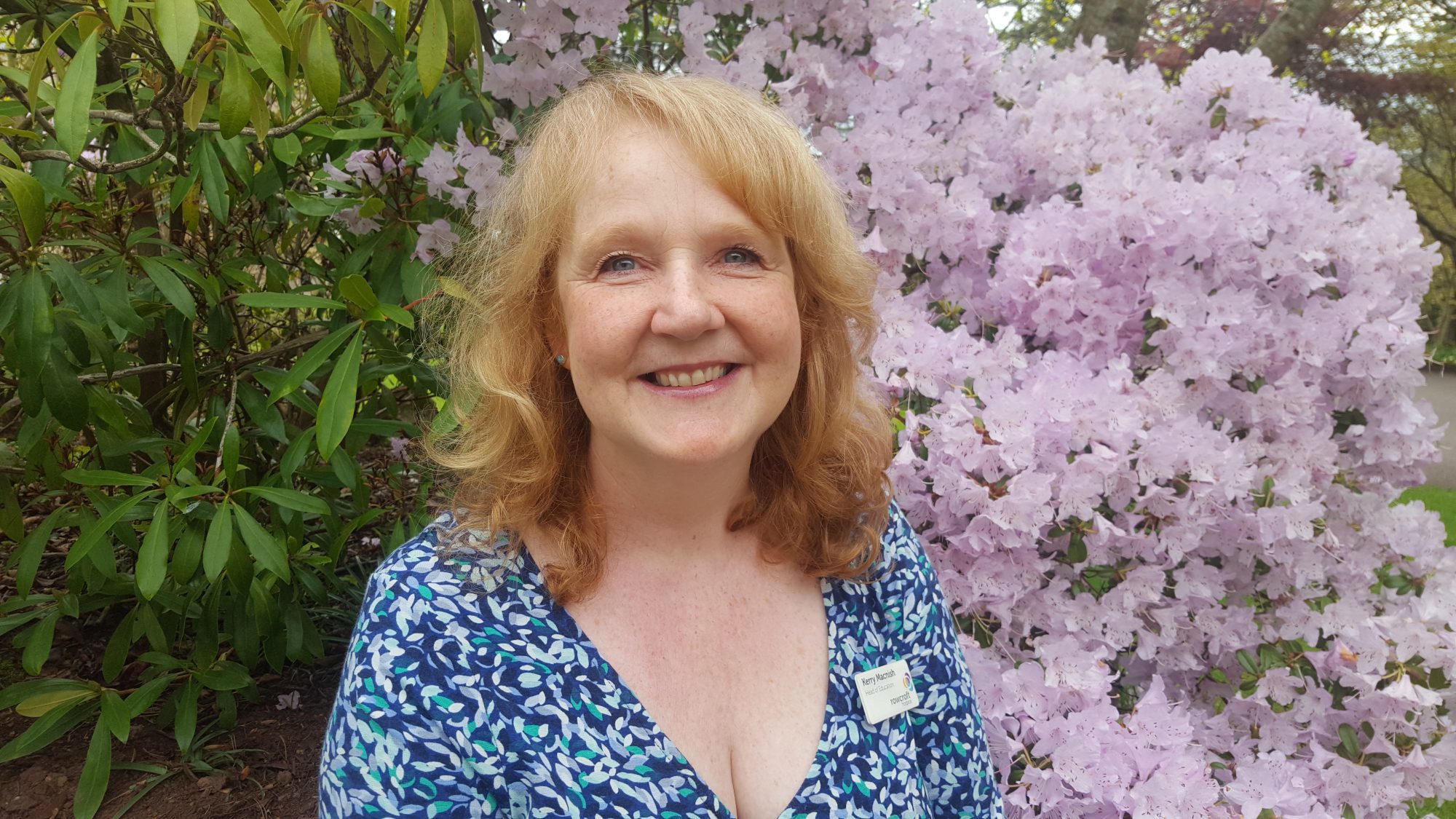Rowcroft’s 40th anniversary coincides with Dying Matters week
“I am struck by the synchronicity of dates for our significant ruby anniversary with that of the national Dying Matters Awareness Week. Each year, the Dying Matters national ‘campaign’ urges us to explore conversations about our mortality from a societal and community perspective. The Dying Matters coalition was developed in response to the first-ever government End-of-Life Care Strategy in 2008 in which our continuing reticence to discuss the topics of death and dying was raised as a priority to improve. Each year, a dedicated awareness week is set aside to discuss dying and this year’s theme is ‘what it means to be in a good place to die’.”
How Devon’s adult hospices came about
“The early 1980s gave birth to all four Devon adult hospices: Rowcroft Hospice in Torquay, St Luke’s in Plymouth, North Devon Hospice in Barnstaple and Hospiscare in Exeter. The need was driven by local communities to fundraise, build and offer a specialist service to people who were confronting dying, and to offer a good ‘place’ to die. Some services started with community teams. Reflecting now on the purposes of these new charities and services, I am constantly reassured that their innovators, trustees, volunteers, and management teams recognised that alongside clinical care, an education offer to others is also a fundamental and core aspect of provision. There is a clear moral and practical imperative to share our collective expertise with others who are also providing end-of-life care out there. I’m proud that Rowcroft continues to embrace this by offering free end-of-life education and placements to a wide range of health and social care professionals though our programmes delivered by all our clinical and education teams.”
Kerry’s journey into palliative care
“My journey into palliative nursing started at Rowcroft in 1986 when, in a snowy January, I attended a remarkable six-week course, ‘Care of the Dying Patient and Family’, tutored by Rita Sewell Flint. At the time, Rowcroft was the only Devon provider of this nationally recognised course, and Rowcroft was at the forefront. I was one-year qualified, curious, and working as a staff nurse. A year later, inspired, I became a community palliative care nurse in Exeter and have continued for 35 years as a nurse and now also an educator back at Rowcroft – hoping we inspire others.”
What is a ‘good place to die’?
“Despite the advent of our palliative care services, dying may still be a taboo subject for many. Meanwhile we can ask ourselves what does it means to be in a good place to die? Looking back over 40 years and looking ahead to the next 40, I wonder: is it about the buildings, the beds, the clinical care and compassion, our financial security provided by our supporter teams? Is it about our communities and our ability to build on pandemic learning, how our towns, cities and villages responded to each other, how our care homes, volunteering and community services and hospitals provided fantastic end-of-life care – a good place to die?
“I’d like to think that being in that good place may also include our readiness and sometimes courage to speak up, to talk, share thoughts about our own futures with loved ones, our choices and wishes? What does it mean to you?”

